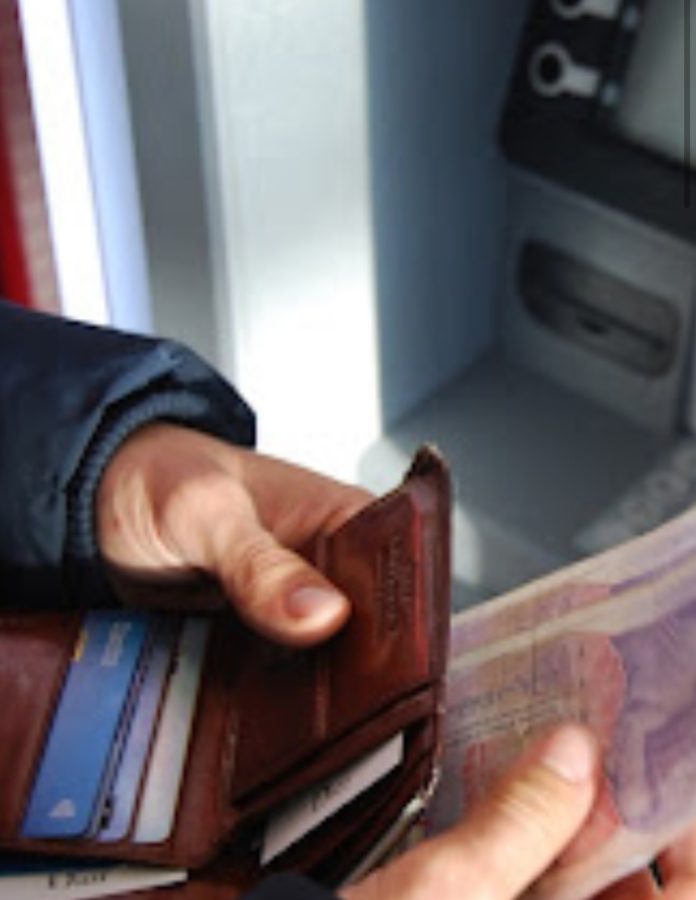Banking fraud can be committed in several ways, and fraudsters are constantly developing fresh strategies. Phishing is a prevalent kind of fraud in which con artists pass for reputable people or companies, fooling victims into providing personal data.
Identity theft is another, in which one steals personal data to open bogus accounts or make illegal purchases. Synthetic identity fraud is a novel form whereby a real person’s information, such as social security number or date of birth, is taken and mixed with other false personal data to produce a new identity. Here are five tips to help detect banking fraud.
Utilise an Identity Graph to Enhance Confidence
When establishing new ties with businesses, even loyal customers utilise alternate email addresses, physical addresses, and nicknames. You can understand why businesses feel the need to implement additional layers of identity verification during transactions when you combine this typical behaviour with fake or modified identities created by scammers. Additional verification levels may not be necessary with the use of an identity graph. This helpful tool connects real and online characteristics to help you understand who you’re interacting with.
Use Risk-based Authentication
Device-based authentication is being used by businesses to identify registered, valid devices and those linked to previous fraud in order to minimise friction on recognised accounts.
To ensure that you’re not speaking with a SIM-swapped phone, you can activate controls like one-time passcodes (OTP) and app-based push notifications via SMS when suspicious activity is identified. Alternatively, credit card scanning can be utilised to verify the legitimacy of a payment method, adding an extra layer of security to the transaction process.
Minimise False Positives By Breaking Down Silos
False positives that require extra authentication to complete transactions are costly for companies and annoying for loyal customers. Fraud protection managers must dismantle data silos to guarantee a uniform account authentication procedure for physical locations, contact centres, and e-commerce websites because many customers often interact with businesses across channels.
Fraud managers should implement integrated incoming call authentication in collaboration with their call centres. While trusted calls are routed directly to an Interactive Voice Response (IVR) or a representative, high-risk calls are routed for extra authentication.
Enhance ID Verification With Device Proofing
Device fingerprinting, also known as device reputation tracking, can be used to evaluate the risk of fraud, however. In order to prevent the monitoring of previously seen devices, fraudsters frequently cycle across actual or mimicked gadgets.
Device proofing is a more comprehensive method that uses user behaviour analysis, device fingerprinting, and device-to-identity connections to assess a device’s and its user’s credibility before authentication is started. By doing this, false positives against loyal customers who switch devices or new users who wish to create an account may be decreased.
Utilise Advanced Analytics to Identify Synthetic Identities
In order to create accounts, establish credit histories, get and use credit, and launder illegal funds, bad actors adopt fictitious or modified identities. Profits could be threatened by this practice, which also wastes money on customer acquisition.
Synthetic identities can reduce harm at the moment of origination and during credit decisioning when fraud detection methods adhere to the Fair Credit Reporting Act (FCRA). Case managers can also prioritise the riskiest accounts by using specialised models against synthetic identities.
Endnote
To keep scams from doing too much damage, banks and other lenders should have the newest technology. Lenders should expect their fraud costs to go up if they don’t come up with new ideas. Using these technologies to find and stop banking fraud will be good for a lender’s business in the short and long run.







